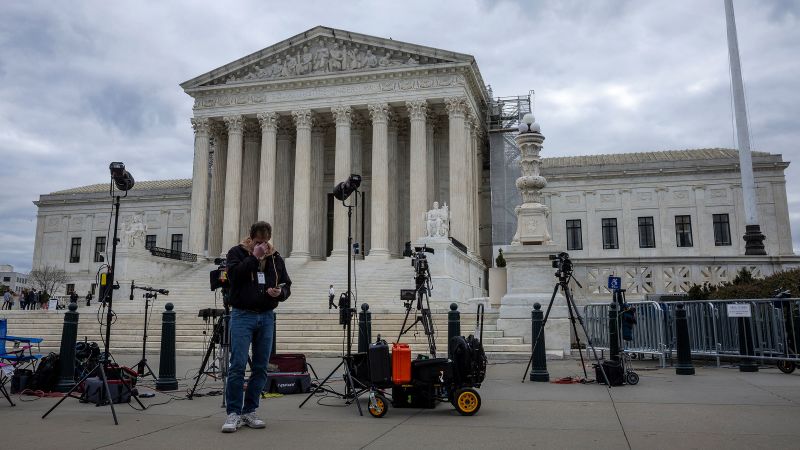The Supreme Court ruled Friday that public officials may block people on social media in certain limited circumstances in response to two challenges involving officials in Michigan and California who blocked followers who were critical of them on Facebook and X.
Justice Amy Coney Barrett wrote the first decision for a unanimous court. The second opinion was unsigned and there were no noted dissents.
In an era when public officials often communicate with voters through social media, the case – and another similar one – raised important First Amendment questions about whether those pages were private or whether they are an extension of the government.
A similar issue came to the Supreme Court when former President Donald Trump blocked several followers on the social media site then known as Twitter. A federal appeals court in New York sided against Trump, but by the time the appeal reached the Supreme Court he was out of office and the justices dismissed the dispute as moot.
It didn’t take long for the question to return, with a different set of parties. One case, O’Connor-Ratcliff v. Garnier, involves elected school board members in California who blocked the parents of students in their district. Another, Lindke v. Freed, is about a city manager in Michigan who blocked an advocate who criticized the city’s handling of Covid-19.
The Supreme Court ruled that such speech by government officials can be attributed to the state, and be subject to First Amendment scrutiny, only if the person involved has the authority to speak on the state’s behalf and if purported to exercise that authority on the social media platform.
The justices, however, didn’t fully address how the standard it was setting Friday would apply to the facts of those cases, instead letting lower courts…
Read the full article here

Leave a Reply